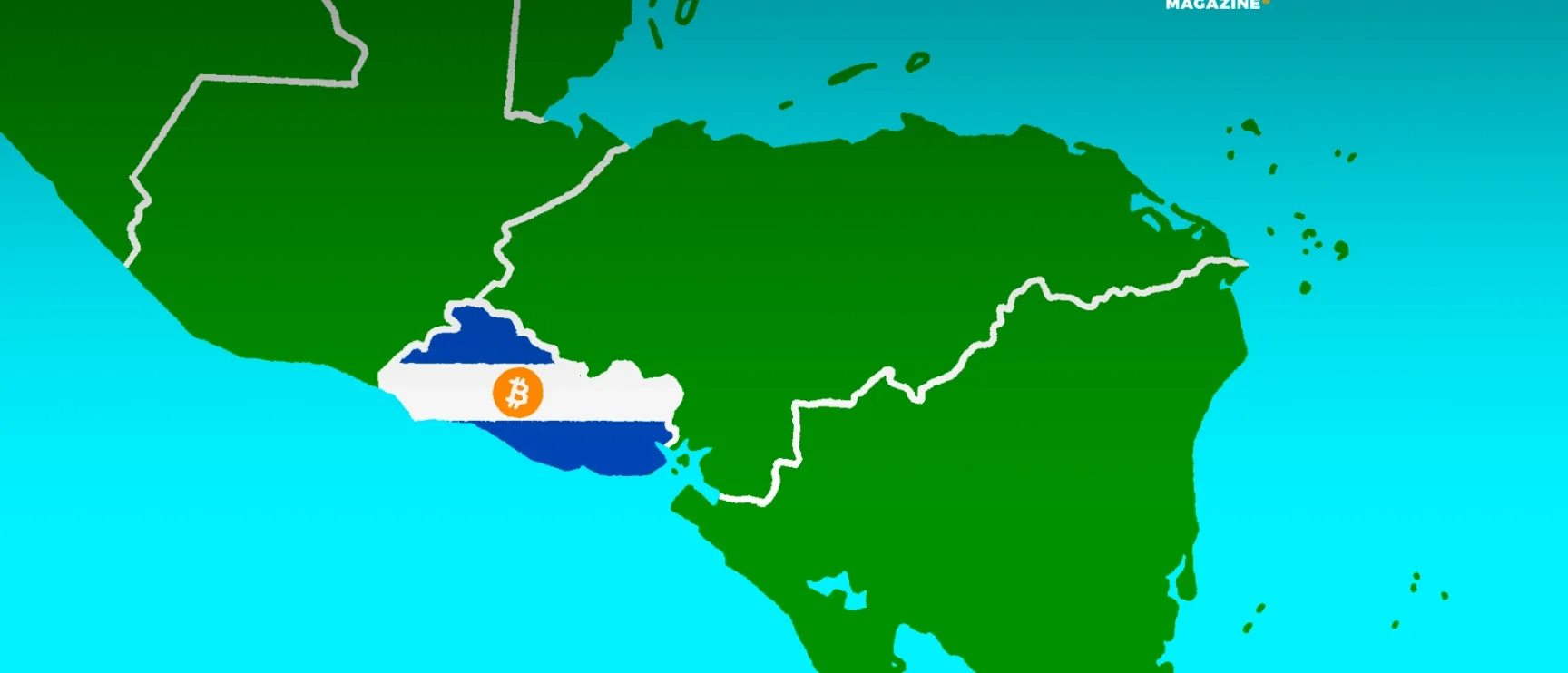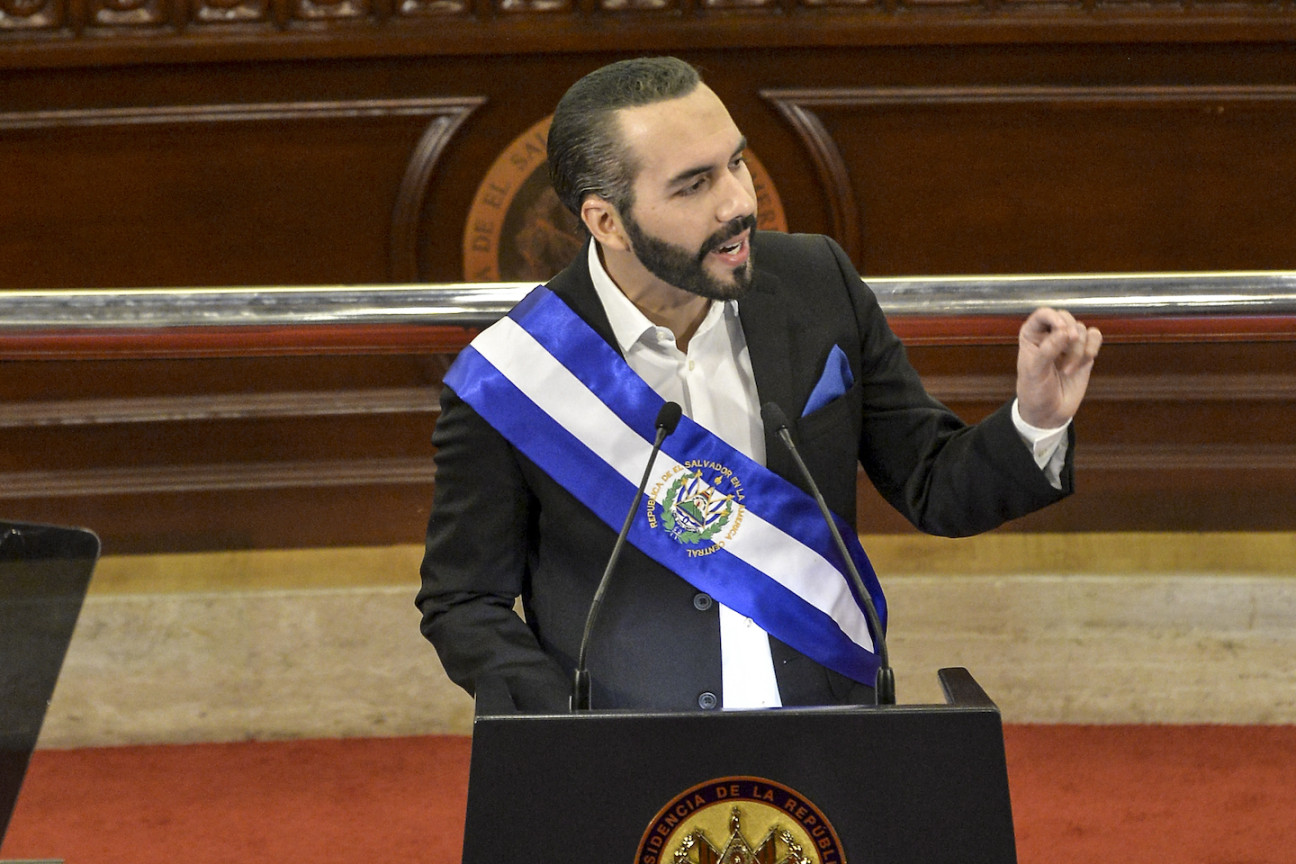Title: Can El Salvador, which embraces Bitcoin under radical political reforms, replicate Singapore's path to success?
Author: Ed Juline
Translation: Luffy, Foresight News
In the history of global development, few stories have been as remarkable as that of Singapore, a small city-state that "moved from the third world to the first world" in just a few decades. The strategic vision of the founding father Lee Kuan Yew, combined with the country's commitment to a sound business environment, education, and strict anti-corruption measures, contributed to this extraordinary transformation.
Today, El Salvador is another country striving to cope with significant political and economic changes. It could be said that El Salvador is walking a parallel path. Its recent political developments, especially the bold move by President Nayib Bukele to adopt Bitcoin as legal tender, may change the rules of the game and bring incalculable risks. This article compares and analyzes the political transformations of Singapore and El Salvador, with a particular focus on the potential impact of Bitcoin on El Salvador.

When Singapore gained independence in 1965, it faced significant challenges, including a lack of natural resources, tense ethnic relations, and capital scarcity. The People's Action Party led by Lee Kuan Yew played a crucial role in shaping Singapore's development trajectory, transforming this small city-state into an economic powerhouse through pragmatic economic policies, strict anti-corruption measures, and investment in public education.
An export-oriented industrialization policy was the cornerstone of Singapore's strategy. It attracted multinational corporations, making the country an important node in the global trade network. Singapore also established the Economic Development Board (EDB), dedicated to attracting and promoting foreign investment to facilitate domestic industrialization and job creation.
Singapore adopted a zero-tolerance policy towards corruption to create a transparent and efficient business environment. At the same time, it built a robust education system aimed at equipping citizens with the skills needed to thrive in a knowledge-based economy.
In El Salvador, with the election of Nayib Bukele as president in 2019, the country's political landscape underwent a significant transformation. Bukele is renowned for his leadership charisma and bold policies, with his governance goals primarily focused on breaking the status quo through technological innovation and eradicating corruption.
One of the most revolutionary measures of the Bukele government was the adoption of Bitcoin as legal tender, making El Salvador the first country to do so. This decision is seen as an innovative move to attract foreign investment, promote economic growth, and enhance financial inclusion for the unbanked population of the country.

In a country where over 70% of the population lacks access to traditional banking services, Bitcoin could unleash economic opportunities. By simplifying remittances (a significant component of the country's GDP), Bitcoin can help streamline the transfer of funds from abroad to the country and reduce the associated transaction costs.
However, adopting Bitcoin is not without risks. The volatility of Bitcoin's value could lead to financial instability. Critics argue that if the adoption of Bitcoin favors the technologically literate and leaves those who cannot access or understand digital currencies at a disadvantage, it could further exacerbate economic inequality.
Singapore and El Salvador's political trajectories share some similarities, particularly in their leaders' focus on economic growth, anti-corruption, and openness to unconventional policies. However, they face different backgrounds and challenges. Singapore has a relatively peaceful socio-political atmosphere, which played a crucial role in its transformation. On the other hand, El Salvador grapples with high crime rates and political instability, making its development trajectory more complex.
Singapore's experience has demonstrated the importance of creating a conducive business environment, having a strong, clean government, and investing heavily in education. Adopting these strategies can benefit El Salvador, especially in promoting the adoption of Bitcoin.
The decision to make Bitcoin legal tender is a bold move, contrasting sharply with Singapore's adventurous open attitude towards economic progress. However, for El Salvador to fully harness the potential advantages of Bitcoin, it needs to ensure widespread access to technology, digital literacy, and regulatory transparency.
Although the political and socio-economic backgrounds of Singapore and El Salvador are different, Singapore's success story provides valuable lessons. Anti-corruption measures, an open and regulated business environment, and investment in human capital are key measures for any country aspiring to transition from the third world to the first world.
El Salvador's Bitcoin experiment is a high-risk gamble that could bring significant economic growth and improved financial inclusion. However, it also needs to address the risks associated with cryptocurrencies to ensure they do not exacerbate inequality or financial instability. As the world watches this intriguing experiment unfold, El Salvador's approach serves as a reminder that the path from the third world to the first world is often unknown, requiring boldness, innovation, and a steadfast commitment to fair development.
免责声明:本文章仅代表作者个人观点,不代表本平台的立场和观点。本文章仅供信息分享,不构成对任何人的任何投资建议。用户与作者之间的任何争议,与本平台无关。如网页中刊载的文章或图片涉及侵权,请提供相关的权利证明和身份证明发送邮件到support@aicoin.com,本平台相关工作人员将会进行核查。



